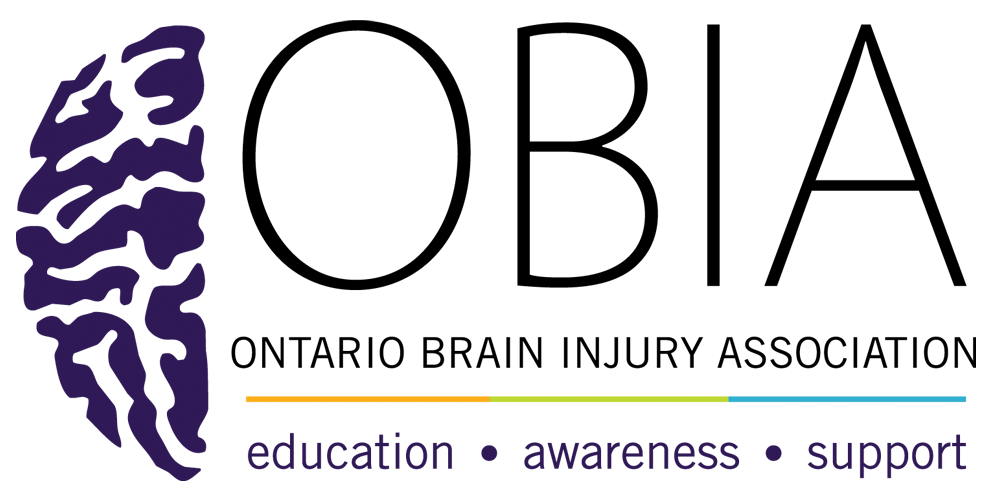Quick Facts
- Anger is a very common emotional response following a brain injury
- This may be an exacerbation of the individual’s pre-injury personality, or a new change in personality and behaviour
- Anger is an emotion triggered by an event, and may not always lead to aggression
- Aggression or aggressive outbursts are what others can see, hear, or feel
What does it
look like?
- Irritability
- Having a very short fuse or trouble controlling temper
- Verbal aggression, which may include: swearing, yelling, judgmental, and abusive comments
- Physical aggression, which may include: hitting, pinching, kicking, pushing, or spitting
- Physical symptoms such as rapid breathing and heart rate, tense muscles, sweating, and a flushed face
- Physical self-harm
- Threatening behaviours (e.g. raising voice, standing too close, staring, shaking their fist)
- Characteristics of impulsive anger:
- Anger begins with the injury or is much worse since injury
- Feelings of anger come and go quite suddenly
- Minor events trigger anger, threshold is lowered
- Following the anger episode, the individual is surprised and embarrassed
- Anger is made worse by physical stress such as fatigue, pain, or low blood sugar
Possible Causes and Complications
Possible causes:
- Damage to the parts of the brain that normally control anger and behaviour
- May have had an angry and irritable personality before the brain injury and these traits could be amplified following the brain injury injury
- Environmental factors which may contribute to anger:
- High level of noise, activity
- Unexpected events, lack of structure
- Medical factors that may contribute to anger:
- Fatigue, pain, and low blood sugar
- Medications, alcohol ,or drugs
- Personal factors that may contribute to anger:
- Frustration, fear, anxiety, irritability, and agitation
- Feeling isolated, depressed, or misunderstood
- Embarrassment, shame, or guilt
- Discovery of their difficulties, lack of insight, or unrealistic expectations
- Difficulty concentrating, remembering, and communicating
- Grief
Possible complications:
- Loss of friendships and damaged relationships
- Withdrawal and isolation
- Embarrassment, frustration, and sadness following an outburst
What can we do?
- Keep a record of events, triggers, and levels of anger
- Use positive ways to manage and respond to behaviour, such as gently redirecting their attention to something else
- Try not to become angry yourself
- If the anger is directed toward you, remove yourself from the situation
- Do not take anger personally, recognize the impaired ability to control anger
- Avoid the escalation of anger and aggression by developing behaviour intervention and management strategies, such as suggesting they take a time out to calm down, using breathing strategies, or listening to music
- Support the development of self-control strategies (e.g. exercise or deep breathing)
- Seek support from a health care provider to learn strategies for anger management (e.g. psychotherapist, speech language pathologist, psychologist, social worker)
Disclaimer: This information is not meant to replace advice from a medical doctor. Consult a health care provider regarding specific medical concerns or treatment.

